Research Priorities
Our research priorities are broad because so little is understood about the syndrome; consensus definitions were published in only 2018. We expect research in this rare syndrome be collaborative.
Etiology: Identifying biomarkers and risk factors for cryptogenic NORSE/FIRES that might shed light on the pathophysiology, including genetic, immunologic/inflammatory, microbiome-related, infectious or other, via animal models or human studies.
Natural history: Deep phenotyping of all aspects of patients with NORSE/FIRES, including treatment response and paraclinical data such as imaging, EEG, cytokine profiles, etc, showing how these factors relate to outcome or response to treatments.
Long-term outcomes: Defining long-term outcomes including those related to epilepsy, cognition, behavior and QOL, the predictors of these outcomes, and the best management of issues arising in the post-acute phase.
Development of infrastructure on which to base future research and delivery of effective treatment to patients. See the “call to action” here.
Research Opportunities
The NORSE Institute partners with the American Epilepsy Society to support NORSE/FIRES research.
AES - NORSE Institute Infrastructure grant - $50,000.
AES - NORSE Institute Seed grant - $20,000.
Grant applications for 2023 closed on October 25, 2023. Both grants will be offered again in 2024. Check AES funding page to see when applications open.
Because these grants are fully funded by the NORSE Institute, usual AES eligibility requirements have been extended to include non-US citizens and early career investigators.
NORSE/FIRES Biorepository
A collaborative biorepository of samples from NORSE and FIRES patients has been established at Yale. Centers may send samples to the biorepository without needing their own IRB. Genetic, cytokine, single-cell RNA sequencing and pathology studies will be done at Yale. Metagenomic analyses will be done at UCSF. All results will be made available on a public access data platform and remaining bio samples will be shared with qualified investigators. Investigators who use these results and/or samples must share their findings back to Yale to allow those results to be further shared with subsequent qualified investigators, thereby creating an open library of NORSE and FIRES.
Qualified investigators may apply for the use of samples.
For questions, an inventory of samples and biosample request form, please email: norse@yale.edu
NORSE Roundtable
Recording of the NORSE Roundtable meeting held on December 3, 2022 in conjunction with the American Epilepsy Society Conference in Nashville is available here: (https://youtu.be/IzMeeK8xXQU)
Scientific Symposium
Recordings of our 2023 NORSE Family Conference and Scientific Symposium are now available:
NORSE/FIRES Family Conference, June 6, 2023: https://youtu.be/QicS6txJoZ4
Recording of Medical & Scientific Symposium, June 7, 2023: https://youtu.be/hIHMjSOBGEY
The NORSE Institute’s second annual Medical/Scientific Symposium and NORSE/FIRES Family Conference (virtual) were held on June 15 & 16, 2022. The programs were endorsed by the Neurocritical Care Society
Recordings of the sessions can be found here:
Clinical Symposium : https://www.youtube.com/watch?v=59dVveERN38
NORSE/FIRES Family conference: https://youtu.be/gV9m9YhBMvs
The NORSE Institute’s first scientific symposium for lab scientists and clinical scientists and a NORSE Family Conference for patients, families, clinicians and scientists was held on March 4-5, 2021. Recordings of the Symposium and the Family Conference are available here:
Scientific Symposium Part 1 https://youtu.be/65LfnBGx_iI
Scientific Symposium Part 2 https://youtu.be/3lA9xFTJtCo
Family Conference Day 1 https://youtu.be/1gWGynjkDFA
Family Conference Day 2 (Part 1) https://youtu.be/_KLsqdbKo50
Family Conference Day 2 (Part 2) https://youtu.be/Z6w_6fs_8HQ
Ongoing Research
The NORSE Family Registry accepts information from families, patients and physicians. Teneille Gofton, MD (Western U, London, Ontario) is the Principal Investigator of this international registry through the online REDCap platform. Please encourage your families to participate by sending them to this page here:
A prospective, observational study of NORSE patients is being done by participating members of the Critical Care EEG Monitoring Research Consortium (CCEMRC). This study enrolls both adult and pediatric patients. Clinical data and biological samples (serum, CSF, tissue) are being collected. Click NORSE Bulletin above for updates and contacts. The most recent consortium newsletter detailing enrollment criteria and updates is available here.
Read about other ongoing research in the NORSE Research Bulletin: A detailed summary of NORSE research initiated and modified during COVID-19 is available below:
Proposed Consensus definitions of NORSE and its subtype FIRES published in Epilepsia 2018 is here.
Palliative Care publications
The complexity and uncertainty of NORSE raises issues of communication regarding palliative care. Two recent articles:
Communication challenges in NORSE published in Mayo Clinic Proceedings, May 2019. Video summary of article here.
The role of hope, compassion and uncertainty in physicians’ reluctance to initiate palliative care. AMA, JOE. 2018
Palliative Care is an evolving field. The following references were selected by Teneille Gofton, MD, FRCPC, Western University, Canada.
PODCASTS
NORSE in plain English: Hear Dr Lawrence J Hirsch (Yale) and Dr Nicolas Gaspard (Erasme Hospital, Belgium) explain what NORSE is and where the research is going in an interview with ILAE (International League Against Epilepsy) here.
Hallway conversation with Dr Joe Sirven, Epilepsy Foundation and Dr Lawrence Hirsch.
Hallway conversation with Dr Joe Sirven, Epilepsy Foundation and Dr Nicolas Gaspard on newly-proposed consensus definitions of NORSE and FIRES.
Additional podcasts interviews created by Dr Houman Khosravani:
(press arrow in upper left corner to start podcast)





